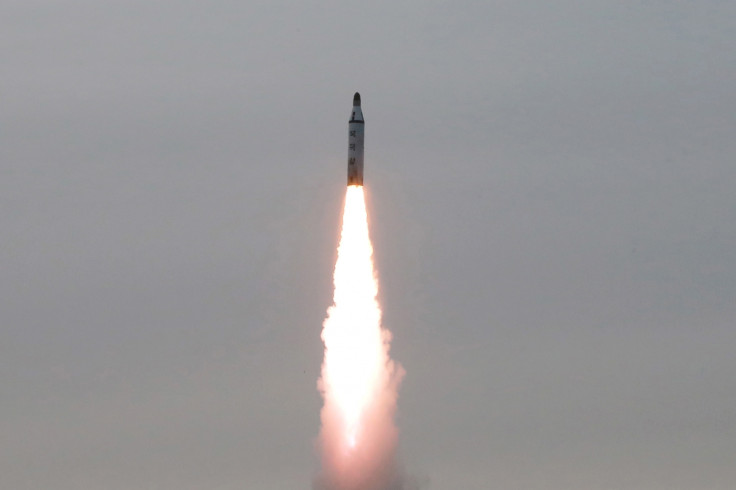South Korea to reveal location of Thaad missile interceptor system
Seoul's defence ministry says Thaad's potential deployment site would be announced shortly.

South Korea is expected to reveal where the US's advanced anti-missile interception system would be stationed. Seoul is likely to announce the site later in the day on 13 July amid rising tensions in the Korean peninsula.
The agreement on the deployment of the Terminal High Altitude Area Defence (Thaad) system between South Korea and the US was finalised in response to threats emerging from North Korea. However, not just the North, the decision has also ruffled the feathers of both China and Russia, who have expressed concerns that Thaad's radar could reach their territories.
Though it was previously thought that the exact location of Thaad would be kept under wraps due to military sensitivities, the South Korean defence ministry has released a short media statement saying it would be made public, reports the Yonhap news agency. The Thaad is capable of shooting down any hostile missile with its projectiles.
According to military sources cited by the South Korean news agency, the sophisticated interceptor system is expected to be installed in a mountainous region of Seongju near South Korea's south-eastern coast. One of the reasons for locating it here is the site, which already houses an anti-missile unit, is relatively far from China. Thaad, an advanced air defence shield built by American manufacturer Lockheed Martin, is expected to be operational in 2017.
As soon as the news about the possible deployment emerged, residents in Seongju, where about 40,000 inhabitants live, protested against the choice of the location with rallies, suggest reports. Top South Korean officials are expected to travel to the area to pacify the protesters.
Talks over the deployment began in February 2016 soon after the North carried out a nuclear test and followed it up with a long-range rocket launch. Despite the US's repeated assertions that Thaad is only aimed at Pyongyang, China and Russia are wary of Washington's military outreach in the Korean peninsula region.
© Copyright IBTimes 2025. All rights reserved.






















